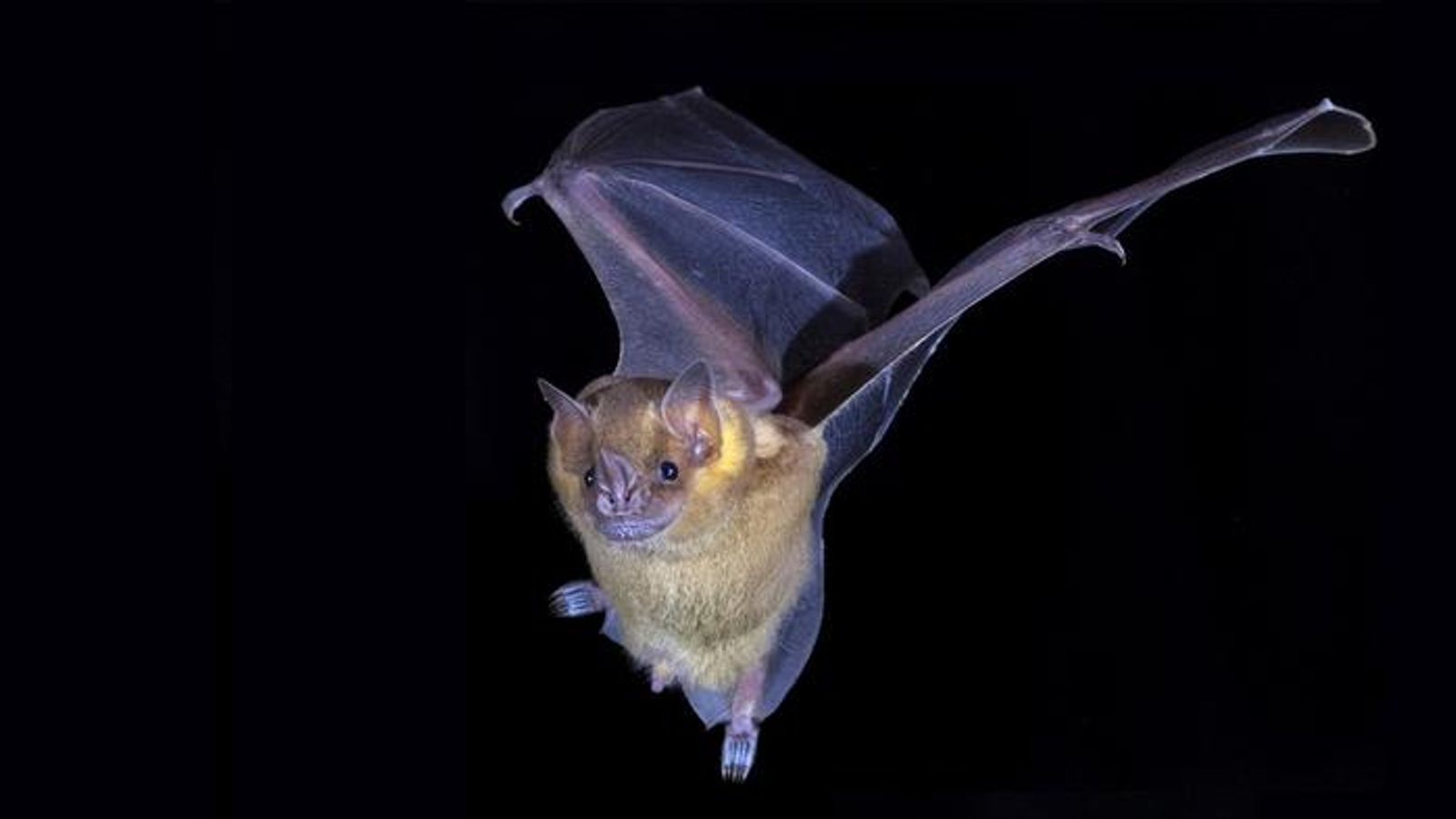Bats could pave the way for improved treatments against cancer and deadly viruses like COVID-19, researchers have said.
A study at Cold Spring Harbor Laboratory in New York looked at how the creatures’ immune systems were so well-suited to combating illnesses that can wreak havoc on humans.
Scientists focused on the Jamaican fruit bat and Mesoamerican moustached bat, sequencing the genomes of both species and finding that rapid evolution had streamlined their genomes to defend against viruses and cancer.
Compared to other bats and mammals, including humans, they were found to shed genes that produce proteins called interferons.
These act as an alarm for the immune system, alerting it to dangerous cells and triggering natural defences.
But by dialling down the response, scientists believe the “unusual” immune systems of Jamaican fruit bats and Mesoamerican moustached bats have developed a higher tolerance to viruses.
Researcher Armin Scheben said: “It prevents overactive immune responses that harm healthy tissue – one of the reasons infections are so damaging to humans.”
More science and tech news:
The rise and fall of BlackBerry
NASA reveals ‘incredible’ asteroid findings
AI chatbots ‘could help doctors treat depression’
Be the first to get Breaking News
Install the Sky News app for free
The study also found that compared to other mammals, bat genomes contain more changes in cancer-related genes, including six that repair DNA and dozens more that suppress tumours.
Mr Scheben added: “Our work highlights how immunity and cancer response are deeply interconnected.
“The same immune genes and proteins play important roles in cancer resistance.”
Researchers are now exploring how bats regulate their immune genes, and whether the findings could inform better cancer and virus treatments for humans.
The peer-reviewed research has been published in the Genome Biology and Evolution journal.






















